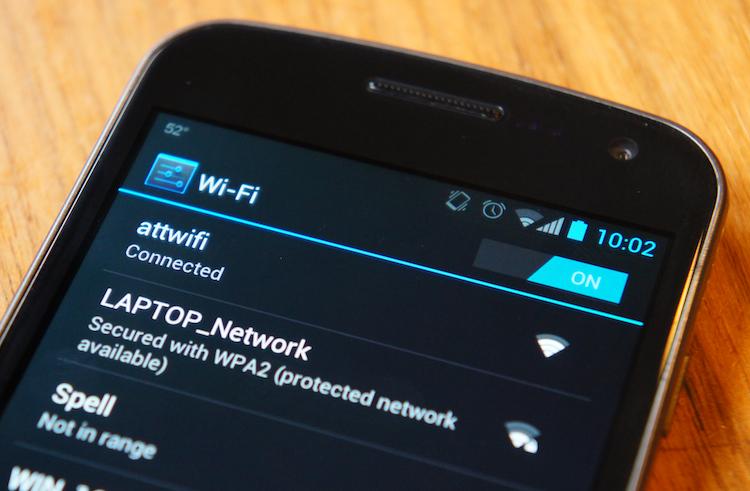
Mobile data is increasing in importance with every passing moment. It's now worth its hypothetical weight in gold, and carriers are starting to jack the prices. Okay, maybe they're not exactly jacking prices. But they are choking heavy data users out, either forcing users into expensive tiered plans that come with steep overage fees (or heavy throttling) or negating old grandfathered "unlimited" plans with painfully slow throttled speeds.
Personally, this hits me hard. I tend to reach or near my 2GB cap on T-Mobile fairly often, and I use quite a bit of data on my other line as well. I have yet to be throttled by Verizon. But that's because I try to avoid it. The day I get throttled on the unlimited plan Big Red let me keep may be the day I completely lose it. Not only is it a bending of the rules, but it's a poor business practice and shows how little Verizon really cares about me as a customer. It makes me feel like I'm just a name on a check (or bank draft, really) at the end of the month.
I digress (and apologize for the short rant) ...
Throttled data isn't the end of the world. It's simply a major annoyance and something that has virtually no purpose beyond forcing users into capped plans. Of course, carriers would have you believe that it's to relieve some stress on their suffering networks. And I'm sure that some markets are more taxed than others. Regardless, numbers show that throttling is mostly ineffective.
Average data usage is on the rise, and in order to avoid having to face harsh throttle speeds or switching to a tiered plan, users will need to keep a close watch on and manage their usage. A good way to do just that is by connecting to Wi-Fi when an open (and public) network is available.
A recent report by Mobidia suggests that this may be exactly what smartphone users are doing to relieve the pressure. Michelle Ruhfass of MobileBurn reports that smartphones are consuming twice as much Wi-Fi data as cellular data – a staggering 70 percent of mobile data is being consumed via Wi-Fi. Wi-Fi, apparently, is now the mobile connection of choice for many. Mobidia Vice President of Marketing Chris Hill states:
"Not only did we find that data usage on smartphones was much higher than the typical 100-500 megabytes average monthly usage that is often cited, but we also found that Wi-Fi usage often outpaced mobile usage by as much as six-to-one in some countries."
That's a surprising figure, to say the least. I know smartphone users like their Wi-Fi. But never would I have imagined that 70 percent of their web traffic is consumed through Wi-Fi.
Using a total of about 5-7GB of mobile data per month between my two lines, I'm likely considered a power user (on the low end of the spectrum). Yet, I know this number is far short of my actual usage. I am connected to Wi-Fi almost the entire time I am writing every day. The only days that I'm not connected to Wi-Fi are my days off. For me, 70 percent of my usage being through Wi-Fi would be a fair estimate. And I guess I'm okay with that. I don't ever give it much thought.
But I know there are some out there who think radically different. Some feel they should not have to use Wi-Fi over a mobile network for any reason. Aaron, for instance, hardly (if ever) connects his phones to Wi-Fi. I remember him telling me one day that he feels that he should get the most out of the services that he pays for, and that he shouldn't have to rely on a separate network to supply him with consistent service.
I agree. Completely. But the fact of the matter is that no network is that good. I don't really use Wi-Fi to keep my mobile data usage down. I do it for the consistent signal and to save on battery life. But if data speeds weren't so inconsistent where I now live, I would probably never even turn Wi-Fi on. Within my house, T-Mobile service jumps between EDGE, 3G and HSPA+ every couple minutes and makes the experience nearly unbearable. So I use Wi-Fi.
What I'm interested in, though, is whether you guys and gals use Wi-Fi on your phones as your primary connection and just use the mobile network while you're out of of the house. Or do you just use Wi-Fi when you have to? Do you use Wi-Fi to keep from being throttled? It's an odd topic, I know. But I'm interested in hearing your thoughts on the issue, so share them below!